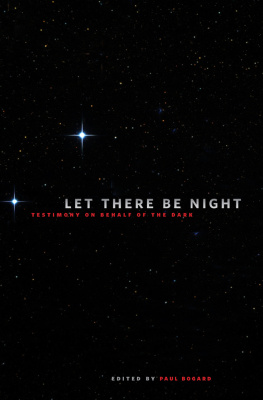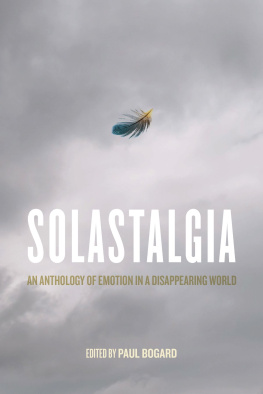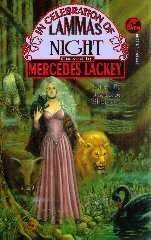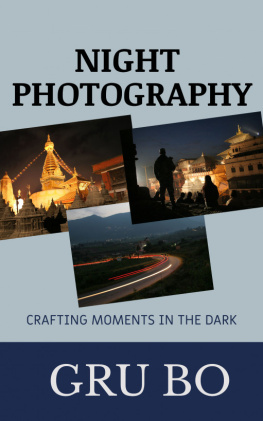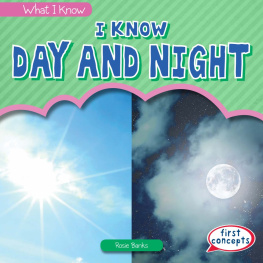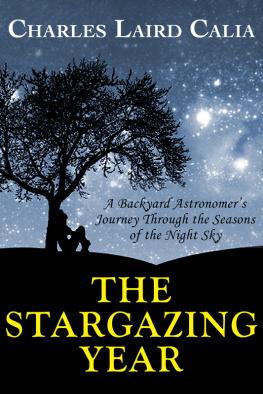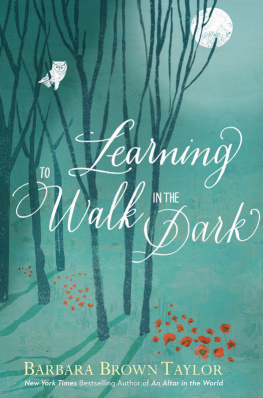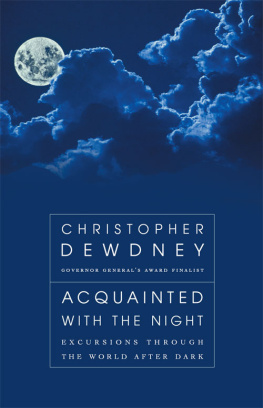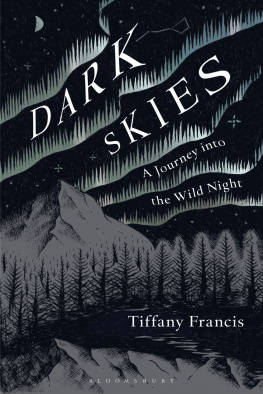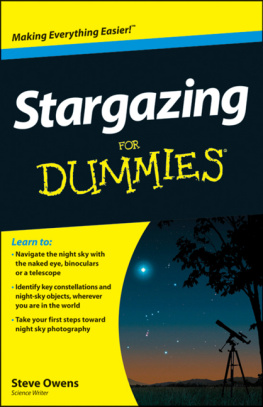Our fantastic civilization has fallen out of touch with many aspects of nature, and with none more completely than with night...
With lights and ever more lights, we drive the holiness and beauty of night back to the forests and the sea...
INTRODUCTION: WHY DARK SKIES?
PAUL BOGARD
When I think of dark nights, I think of this lake in northern Minnesota. On the longest day of the year, my father and I watch as the sun sets across the water and night begins filling a clear sky. Soon the Summer Triangle stands directly over us, Scorpio rises from the bay to our left, and the Big Dipper emerges high above where the sun has set. I ask my father, deeply involved in organizing property owners around the lake to resist the ever-increasing pressure from developers, if he has ever considered a dark-sky ordinance.
Whats a dark-sky ordinance?
The answer is easy enoughlaws regulating the use of artificial lightingand difficult enough that I am soon stumbling, wanting to say, Dad, its about holiness and beauty, shouldnt that be enough? and knowing that in the world today, it is not. I know the question my father is really asking, the question anyone would ask: why? Why would we need a dark-sky ordinance? Or more specifically, why dark skies?
My answer begins in this place where my parents built a cabin the year I was born. I grew up coming here every summer, and every summer the dark, starry skies over the lake deepened their impression on me.
It is still quite dark here, and on calm midnights I often take our ancient aluminum canoe out among the stars. I paddle slowly, pulling myself toward the center of the lake, looking back to see the house receding through steam, the smooth water warmer than air. A barred owl calls from dark shoreline, loons from the south bay. A bat flickers by, bits of leaves and broken bugs mix with stars in still water, a handful of amber cabin lights linger in the pines. I lean back on the bow and the Milky Way bends above me, one horizon to the other, there as it has always been.
As a child I was afraid of night at the lake because the dark was so thick it seemed tangible, something you could stick your hands into or hold, like muck, or drapery. And the woods are still that way, but the sky is beginning to wear at the edges where gas stations hope to attract customers by immolating themselves in white light, and roadside restaurants blow their electricity bills straight into the sky. Each summer when I return to the lake I am no longer so much afraid of the dark as I am afraid for the dark.
I fear that the holiness and beauty Henry Beston saw being driven from his nights on Cape Cod some eighty years ago are now being driven from mine. It is this fear that inspired me to collect the essays that together make Let There Be Night: Testimony on Behalf of the Dark.

We are losing dark skies all over the globe, but nowhere more than in western Europe and North America. Astronomers say that because of light pollution, fully 80 percent of the people living in these areas no longer experience real night, that is, real darkness. The night most of us know is no longer what it was. And the costs are high.
We are wasting hundreds of millions of dollars a year, for one thing. Besides creating light pollution, poorly designed lighting, whether in amount or fixtures or both, adds unnecessary costs to our light bills.
We are endangering ourselves and wasting money attempting to improve our safety. Poorly designed streetlights and store signs send glare directly into drivers eyes; poorly lit sidewalks and doorways provide shadows for those we seek to avoid. In matters of safety, it is far more important that lighting be effectively used than abundantly used.
We are ignoring the warnings from scientists who increasingly report the connection between serious disease and our addiction to light at night. Our bodies have evolved in bright days and dark nights, and need one as much as the other. Attempting to do withoutthe latter seems to have serious consequences for our physical health.
These are real costsan argument using only such reasons alone ought to convincingly answer my fathers question. And yet there are other costs, costs that are harder to quantify than those financial ones our culture understands.
It is easy to forget that we humans are not the only species to suffer the costs of light pollution. Night is when the wild earth comes alive. An example that stands out to me is how more than four hundred species of songbirds migrate at night across North America, and how whatever internal compass they have used for however many millions of years is confused by our bright spills. How hundreds of thousands of birds every year are killed by our lights, either from being drawn toward and colliding with structures or from circling the light until they drop from exhaustion.
The list of nocturnal (or crepuscularactive at dawn and dusk) birds, animals, amphibians, and insects is long, and each species has had millions of years not only to adapt to darkness but to come to depend on it. Some are as famous as wolves and sea turtles, some as ignored as salamanders and moths. As we allow the light from our buildings and roadways to devour the darkness, we threaten these lives. The cost to them as we invade their dark world is obvious, and reason enough to stop our advance. But think too of how they help shape our experience. How can we understand what it means to lose their presence from our lives?
In his Journal from March 23, 1856, Henry David Thoreau lamented the diminishing of nature by those who had come before him. I hear that it is but an imperfect copy that I possess and have read, that my ancestors have torn out many of the first leaves and grandest passages, and mutilated it in many places. I should not like to think that some demigod had come before me and picked out some of the best of the stars. I wish to know an entire heaven and an entire earth. Whenever I read this I think me too. To imagine the night sky before light pollution is to feel cheated. To then imaginethat because of our ignorance and inaction our children wont see what we have seen is worse.
I think again of the beauty and holiness of Henry Bestons night. The sight of stars and planets; the sound of loons, owls, wolves; the scent of pine, lake water, wood smokemy senses tell me that the lakes night is still an example of beauty that would be evident to us all. But what of nights holiness?

